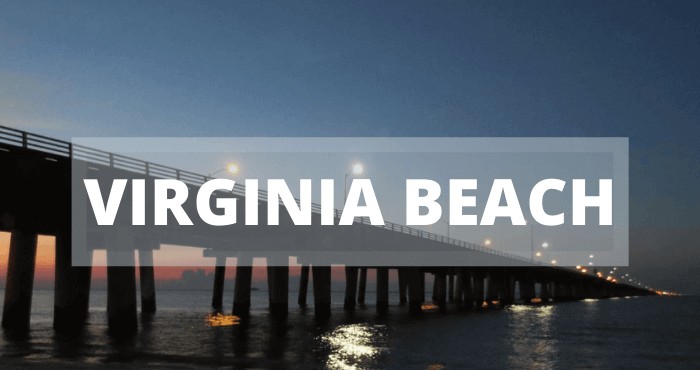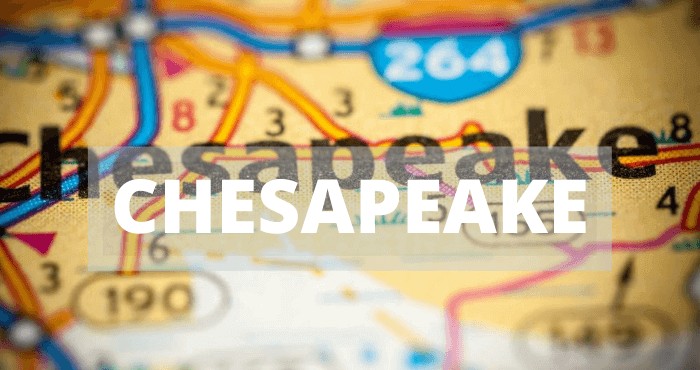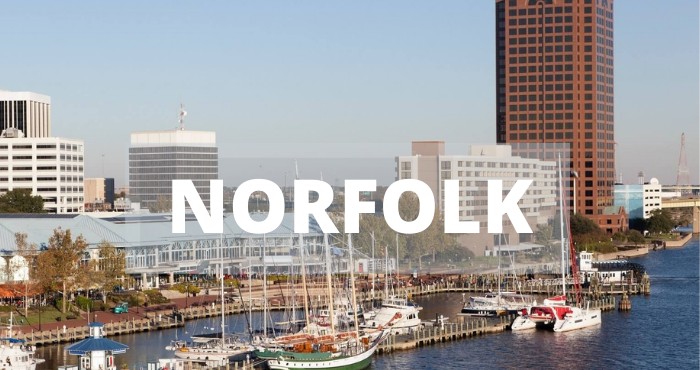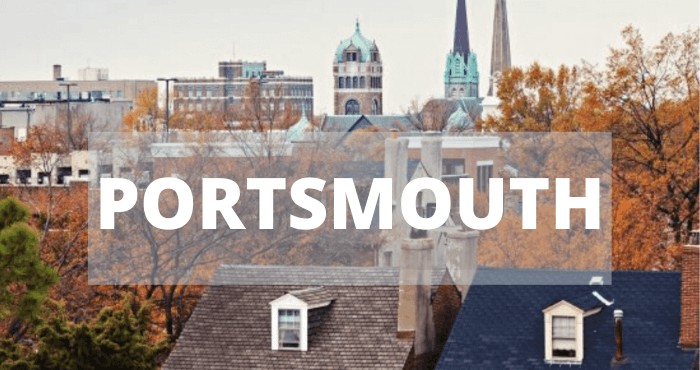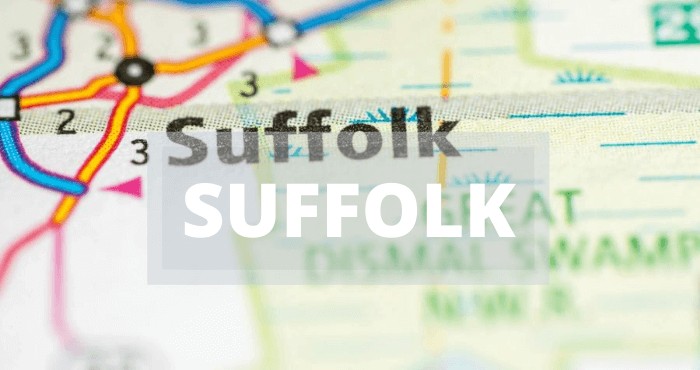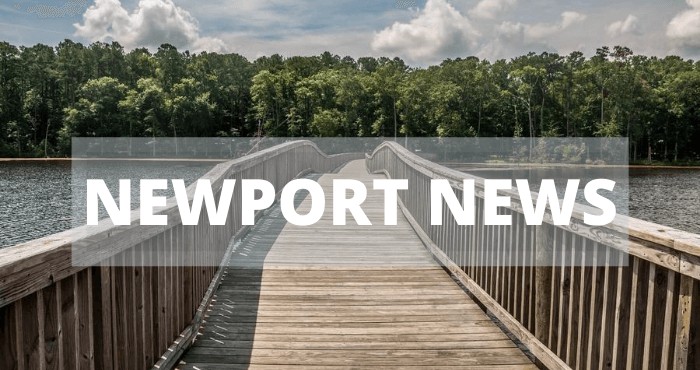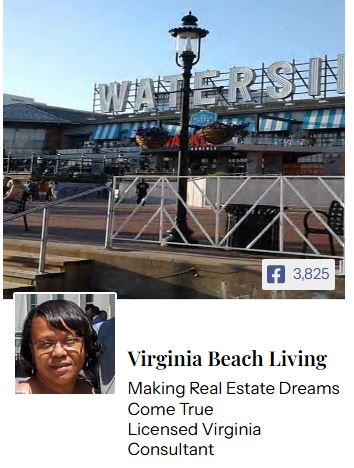Are you looking for homes for sale in Hampton, Virginia? If so, then you’re at the right place. If you are a home buyer, our foremost goal is to provide you with exceptional customer service. Our goals are to help you purchase the right home, make sure you don’t miss out on any homes that meet your needs, and make sure you don’t pay too much for your next home. Please utilize our real estate expertise to make your home search and buying experience as stress free and rewarding as possible.
Buying a home in Hampton, Virginia
Ready to buy in Hampton? We’re here to make the process smooth, low-stress, and actually enjoyable. Our local know-how and experience help you find the right place without missing out on great opportunities. And when it’s time to make a move, we’ll make sure everything goes as smoothly as possible—saving you time, money, and headaches along the way.
Got questions? Reach out anytime—we’re happy to help!
Selling A Hampton Virginia Home
If you considering selling your Hampton, Virginia home, we utilize the latest, cutting-edge, real estate marketing tools to expose your property to the widest range of potential buyers. We are here to get your house aggressively marketed to sell as quickly as possible and for the best price! Our goals are to help you get your Hampton home sold, put you in the strongest negotiating position as possible, and to make it easier for you and reduce surprises.
Thinking of buying or selling a Hampton, Virginia Home?
Let’s discover Hampton, Virginia!
One of America’s Oldest Cities
Hampton, Virginia, established in 1610, is one of America’s oldest cities. Recognized by Money Magazine as one of the best places to live, Hampton thrives with a strong economy supported by universities, businesses, and government organizations.
Hampton University: A Pillar of Education
Founded in 1868, Hampton University is a private historically Black university that remains a leader in education. It continues to shape young minds and is recognized as one of the top historically Black universities in the world.
Endless Entertainment & Attractions
Hampton offers plenty of activities, from festivals to cultural exhibits. Be sure to check out:
- Hampton Jazz Festival
- Peninsula Town Center for shopping
- Virginia Air and Space Center
- Hampton History Museum for art exhibits
- Hampton Coliseum for concerts
- The American Theatre for live performances
A Vibrant Waterfront Community
Whether you’re looking for dining, entertainment, or shopping, Hampton provides easy access to the sights and sounds of the Hampton Roads lifestyle.
Rich History & Heritage
Hampton traces its history to Old Point Comfort, home of Fort Monroe for nearly 400 years. Named by the 1607 voyagers led by Captain Christopher Newport, it played a significant role in America’s colonial past. Since 1952, the city has included Elizabeth City County and the incorporated town of Phoebus.
Post-Civil War Growth & Innovation
After the American Civil War, Hampton University was established to educate newly freed former slaves and Native Americans. The 20th century brought further advancements with the establishment of Langley Air Force Base, NASA Langley Research Center, and the Virginia Air and Space Center.
Expanding Development & Business Growth
Hampton boasts miles of waterfront and beaches, alongside a growing business sector. Notable developments include:
- Peninsula Town Center, opened in 2010, replacing the former Coliseum Mall
- Buckroe Beach revitalization, including new residential spaces and a public fishing pier
A Key Transportation Hub
Hampton is strategically located on the Hampton Roads Beltway, featuring the Hampton Roads Bridge-Tunnel (HRBT) on Interstate 64. First opened in 1957, it was the world’s first bridge-tunnel and remains Virginia’s busiest and deepest such facility.
Whether you’re a resident or visitor, Hampton, Virginia, offers a unique blend of history, culture, and modern development, making it an exceptional place to live, work, and explore.
The Voyage to the New World
In December 1606, three ships carrying men and boys set sail from England on a mission sponsored by a proprietary company. Led by Captain Christopher Newport, they crossed the Atlantic Ocean, reaching Cape Henry at the entrance of the Chesapeake Bay.
Discovery of Old Point Comfort
During their early exploration, they identified Old Point Comfort as a strategic defensive location at the entrance of what became known as Hampton Roads. This waterway is formed by the confluence of the Elizabeth, Nansemond, and James Rivers—the James River being the longest in Virginia.
The First Permanent English Settlement
On May 14, 1607, the colonists traveled 25 miles inland, establishing the first permanent English settlement in what is now the United States.
The Founding of Hampton
Near the entrance of the Hampton River, the colonists, under Governor Sir Thomas Gates, took control of the Native American Kecoughtan settlement. On July 9, 1610, they established their own town, along with an Anglican church—now known as St. John’s Episcopal Church. Hampton claims to be the oldest continuously occupied English settlement in the U.S., as Jamestown was abandoned in 1699.
Hampton was named for Henry Wriothesley, 3rd Earl of Southampton, a major figure in the Virginia Company of London. Over time, it became part of:
- Elizabeth City (1619)
- Elizabeth River Shire (1634)
- Elizabeth City County (1643)
By 1680, the settlement was known as Hampton, officially becoming an incorporated town in 1705 and later the county seat.
The Arrival of the First Africans (1619)
In August 1619, the White Lion, an English ship flying a Dutch flag, arrived at Point Comfort carrying 20+ Africans, captured from a Portuguese slave ship. These individuals were considered indentured servants, but their arrival marked the beginning of slavery in North America.
Among the first Africans at Old Point Comfort were Antoney and Isabella, whose child—born and baptized in January 1624—was the first of African descent born in North America.
Fort Monroe & Military Significance
After the War of 1812, the U.S. Army built a fortified stone installation at Old Point Comfort, named Fort Monroe after President James Monroe. Completed in 1834, it stood alongside Fort Calhoun, located on a man-made island nearby.
Hampton During the American Civil War (1861–1865)
Despite Virginia joining the Confederacy, Fort Monroe remained under Union control. It played a critical role in:
- Providing early refuge for escaped slaves, under the contraband policy
- Later becoming a symbolic site of early freedom after the Emancipation Proclamation
- The imprisonment of former Confederate President Jefferson Davis, now commemorated at the Casemate Museum
Destruction & Reconstruction
Hampton suffered devastating fires during both the American Revolutionary War and the Civil War. After the city was burned in 1861, formerly enslaved people, known as contrabands, established the Grand Contraband Camp—the first self-contained African American community in the U.S.
Many streets in modern-day Hampton retain names from this community. The Emancipation Oak at Hampton University remains a historic symbol of the city’s deep connections to education and African American history.
Expansion & Incorporation
The original site of the Native American Kecoughtan Settlement is now home to a Hampton Roads Transit facility. In 1927, a small town named Kecoughtan, located south of Hampton, was annexed by Newport News and is now part of its East End.
Hampton’s evolution included:
- Incorporation as a city in 1849
- Becoming independent from Elizabeth City County in 1908
- The 1952 consolidation of Hampton, Phoebus, and Elizabeth City County into the independent city of Hampton
This marked the first major political consolidation in the Hampton Roads region, setting a precedent for future city mergers.
Demographics
As of the 2020 U.S. Census, the population of Hampton, Virginia was 137,148. The city maintains a moderate population density, with residential, commercial, and waterfront areas contributing to its unique urban layout.
The city’s population reflects a diverse community, with the following racial breakdown:
- Black or African American: 48.6%
- White: 36.0%
- Two or More Races: 5.6%
- Asian: 2.6%
- Some Other Race: 0.7%
- Native Hawaiian/Pacific Islander: 0.2%
- American Indian/Alaska Native: 0.4%
- Hispanic or Latino (of any race): 6.1%
Households & Family Structure
Hampton consists of a mix of family-oriented neighborhoods and single-resident households. The number of total households remains consistent with previous census data, reflecting a balance between homeowners and renters.
Income & Economy
The median household income in Hampton has seen gradual growth, reflecting economic opportunities across government, military, and private sector employment. The poverty rate remains a point of focus, with initiatives in place to support economic mobility for residents.
Housing & Urban Development
With a combination of historic districts, waterfront properties, and new developments, Hampton continues to expand its housing market. The city offers a variety of living options, from affordable housing to high-end waterfront residences.
Hampton remains a vibrant, evolving city, with a strong sense of community and a diverse population shaping its future.
Thinking of buying or selling a Hampton, Virginia Home?
Hampton Roads Cities
